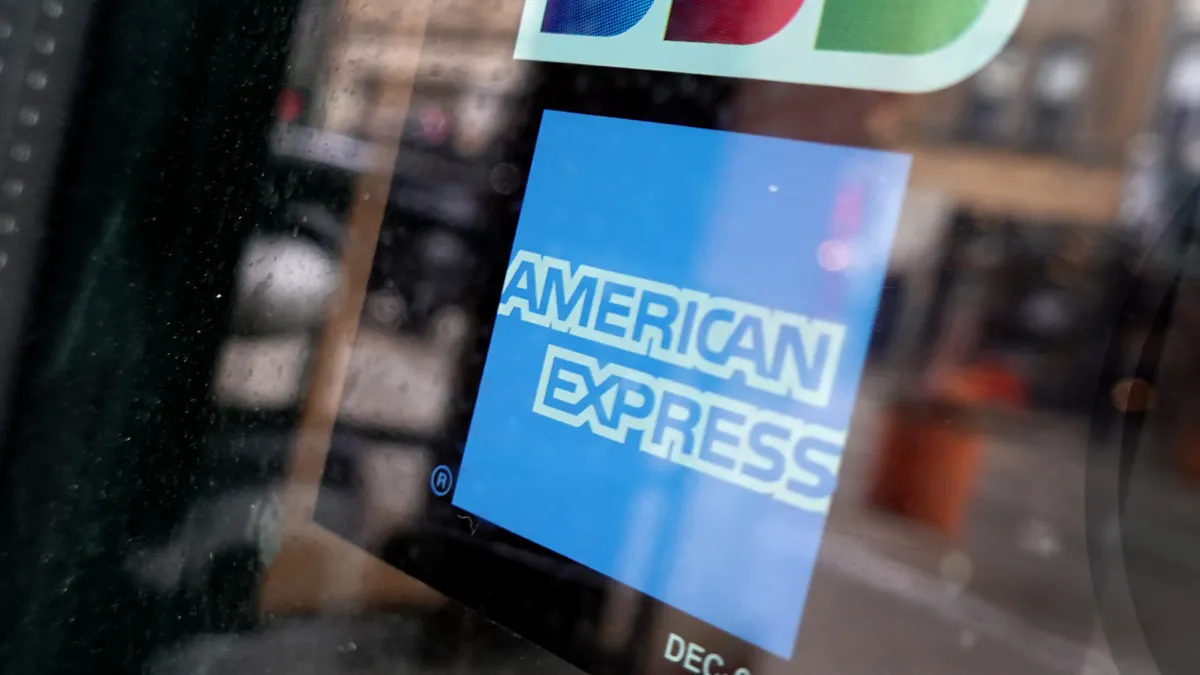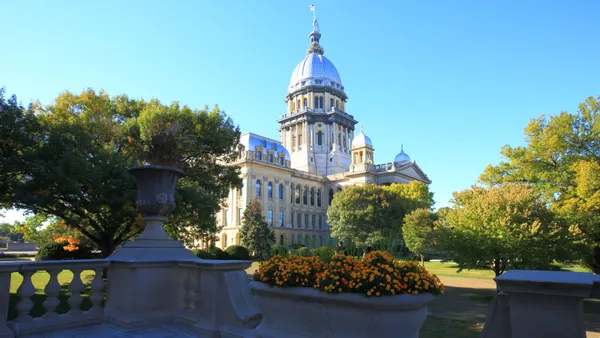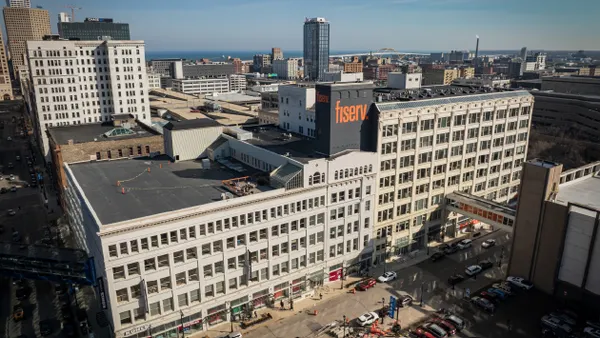American Express isn't worried about competition from buy now, pay later companies because the credit card giant targets wealthier customers, an Amex executive said this week.
BNPL users generally have lower credit scores and are on the lower end of the income spectrum, whereas New York City-based American Express has cardholders who tend to come from higher income brackets, CFO Christophe Le Caillec said during a panel at the KBW Fintech Payments Conference in New York on Wednesday.
“We looked at the demographics of the population that is using buy now, pay later,” he said. “This is not our population.”
Studies have generally shown that people who use BNPL have lower credit scores and are more likely to face financial hardship. A 2024 study from the Federal Reserve Bank of Boston found that people with lower FICO scores were significantly more likely to use buy now, pay later. And a Federal Reserve Bank of Kansas City study published in May found that pay later services are more attractive to consumer with financial constraints.
While Le Caillec conceded there’s some overlap between heavy users of buy now, pay later services and Amex customers, it’s not much, he said. “We are not best equipped to serve the needs of this population,” he explained.
Use of BNPL services has steadily increased in recent years, according to a Federal Reserve report published in May, having picked up during the height of the coronavirus pandemic, when consumers did most of their shopping online.
Some by now, pay later players have pitched their services as an alternative to credit cards.
American Express is known for its premium cards, which charge users annual fees in exchange for perks such as exclusive access to reservations at high-end restaurants and first dibs on tickets to some concerts. And in the past few years the credit card company has made acquisitions as a path to attract more high-income customers.
The Amex platinum card has an annual fee of nearly $900, and the company also has an invitation-only credit card that reportedly charges a $10,000 initiation fee.
While BNPL traditionally refers to interest-free installment loans paid back over the course of a few weeks, pay later companies have increasingly also offered loans, some of which accrue interest.













